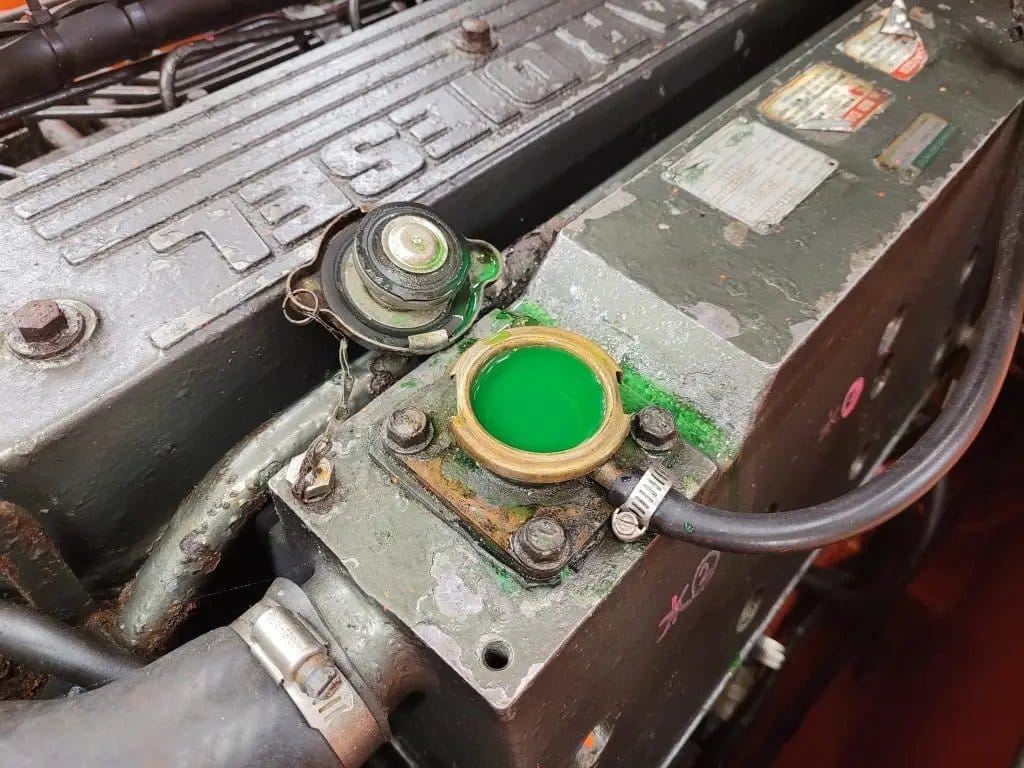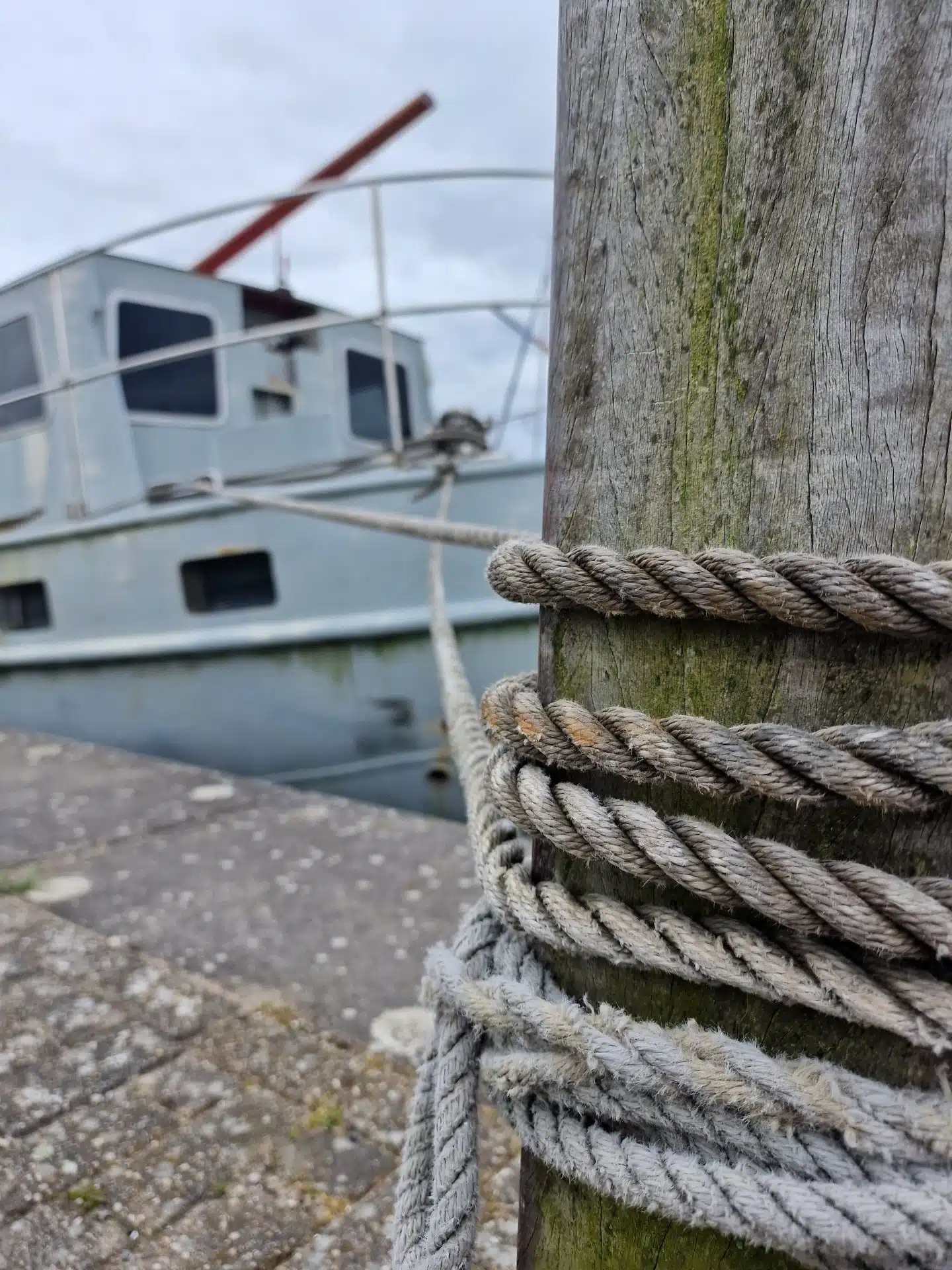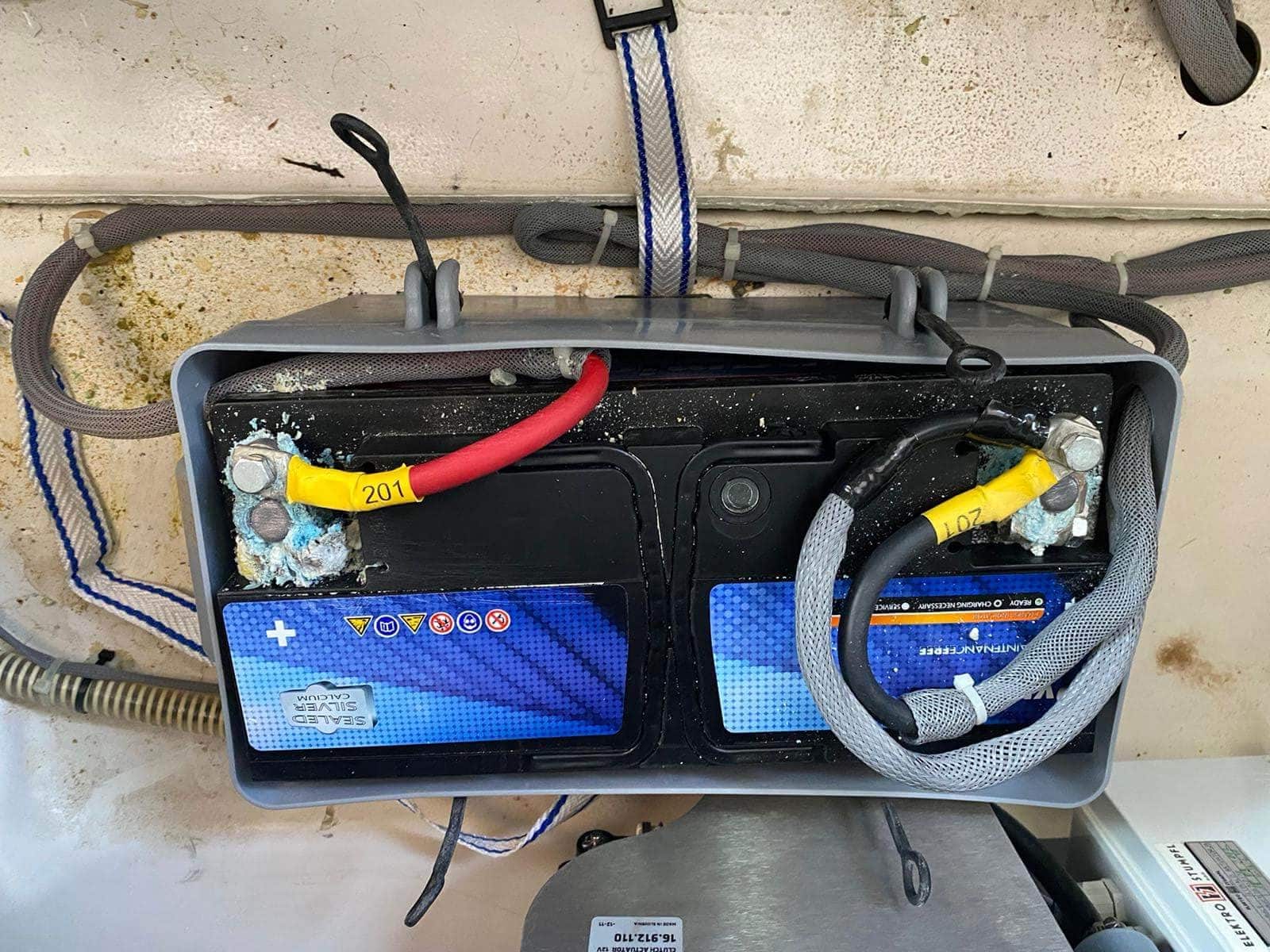Coolant or antifreeze in the boat
- Blog
- November 15, 2021
Antifreeze or coolant in the boat? Coolant and antifreeze are two different products, with different properties and uses. Which of these agents is best to use in your boat? We are happy to explain this to you!
What options are there for the boat?
Water
Basically, in your boat's engine, you can put water as refrigerant use. However, water can corrode metals in the engine. In addition, it freezes at 0 degrees Celsius. When water or bad coolant freezes in the engine, it is often catastrophic. This is because water expands when it freezes while trapped in engine. This often causes parts such as cylinder blocks, heads or valves to freeze.
Coolant
Coolant is largely water, with added ingredients to enhance its specific use in an engine. The main ingredient is demineralized water. To this are added ingredients against corrosion and foaming, a lubricant and an antifreeze. However, the effectiveness of coolant diminishes over time. Therefore, it is a good idea to replace it (or have it replaced) during regular maintenance. The corrosion protection of coolant is very important. The fluid comes into contact with numerous different engine components, such as aluminum, magnesium, iron and copper.
Antifreeze
Antifreeze is water with additives to prevent freezing. It has no other protective or enhanced properties. It is often toxic, but non-toxic antifreeze is also available for drinking water systems.
Should there be antifreeze or coolant in the boat?
An engine's closed cooling system is best filled with coolant. Coolant contains all kinds of ingredients that protect the engine. In addition, coolant will also not freeze easily. Standard temperatures are usually down to minus 26 degrees Celsius.
However, many boat engines also have an open cooling system, through which outside water passes to cool the closed cooling system. When the boat is put on shore, it needs to be winterized. This is where antifreeze lends itself nicely.
A boiling engine
If you get an overheated engine while cruising, some of the coolant may be squeezed out. If you don't have spare coolant on board, you can refill it with water in an emergency. However, it is wise to have this completely replaced later then.
Need help choosing?
Need help choosing a subscription? Then use our handy selection guide.
Newsletter subscription
Fill out the form below to become a member of our newsletter


